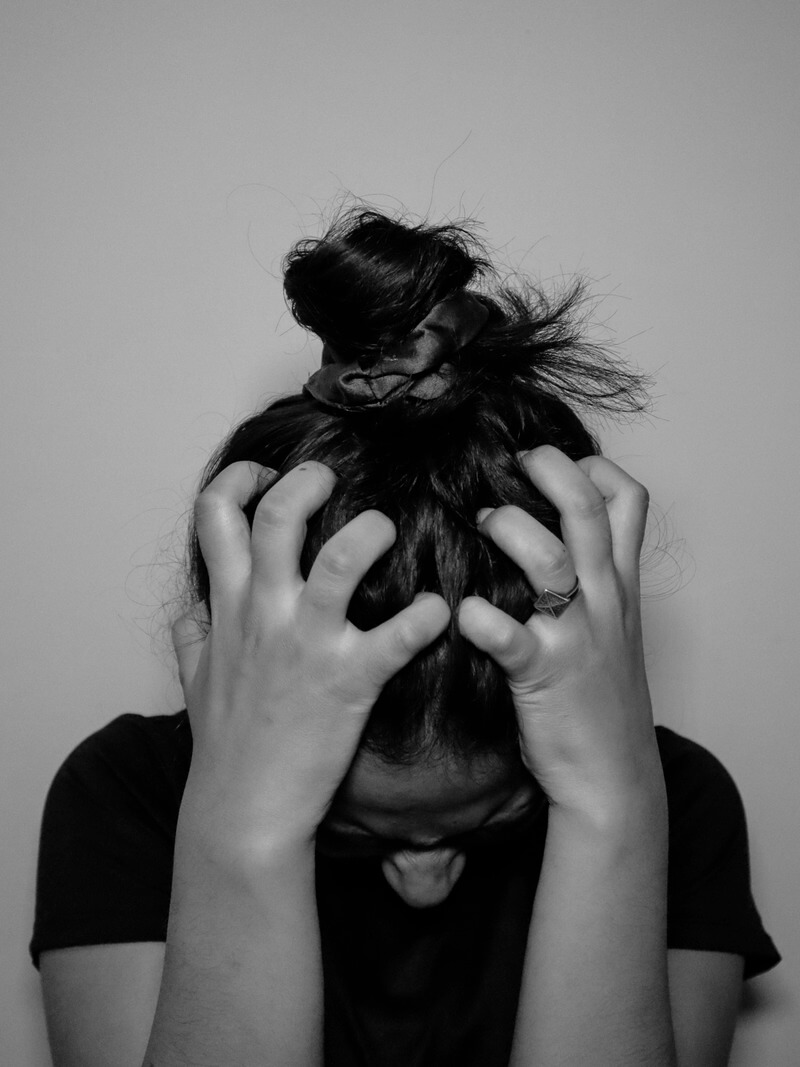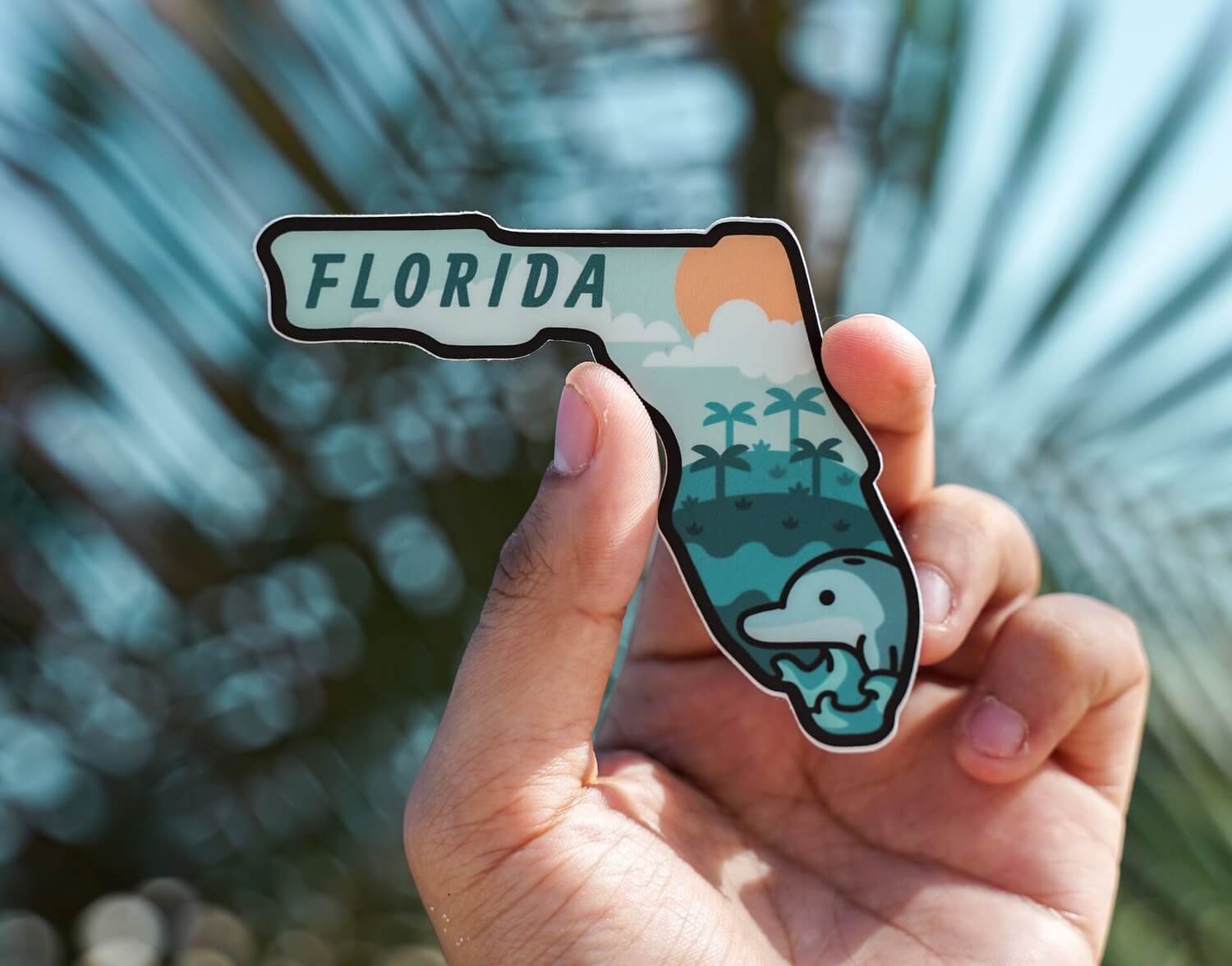Gain a comprehensive understanding of mental health care costs for adults with bipolar disorder in Florida and answers to the common question: “How much does mental health rehab cost?” Explore the details of bipolar disorder support pricing with and without insurance and access insight into the financial aspects of effectively managing this mental health condition.

Cost of Bipolar Disorder Treatment for Adults in Florida
At The Sylvia Brafman Mental Health Treatment Center in Fort Lauderdale, Florida, our team of dedicated professionals is ready to guide you. We offer IOP and a variety of treatments programs, each uniquely designed to meet your needs. So don’t wait, reach out to us today! Either give us a call or fill up the form below to request a callback.
"*" indicates required fields

What is Bipolar Disorder?
Bipolar disorder, historically known as manic depressive disorder, is a mental health condition characterized by extreme mood swings, encompassing significant highs and lows. Individuals with bipolar disorder experience alternating periods of intense emotional highs, known as manic episodes, and lows, known as depressive episodes.
During manic episodes, individuals may feel excessively energetic, impulsive, and euphoric, often engaging in risky behaviors without a clear understanding of the consequences. On the other hand, depressive episodes are marked by profound sadness, lack of energy, and feelings of hopelessness.
The term manic depressive disorder has its roots in the early 20th century when psychiatrists separately described the disorder’s distinct manic and depressive phases. It wasn’t until the 1980s that the term “bipolar disorder” gained prevalence as a more neutral and encompassing label for this mental health condition. Today, bipolar disorder is recognized as a lifelong condition that can significantly impact various aspects of life, including cognitive function and emotional well-being, and its understanding continues to evolve with ongoing research and advancements in mental health care.

What are The Types of Bipolar Disorder?
Understanding the diverse spectrum of bipolar disorder involves recognizing various types, each marked by distinct patterns of mood episodes. The following examples are not a complete list but rather illustrative of the range within bipolar disorder. The classification of these types aids in tailoring treatment approaches to address the unique challenges associated with each manifestation of the condition.

Different Types of Treatment Programs for Bipolar Disorder
Navigating the varied landscape of bipolar disorder treatment involves exploring the diverse programs available. The spectrum of available treatments addresses the complex nature of this mental health condition. For more information about our specialized treatment programs, call The Sylvia Brafman Mental Health Center at 877-958-9212. Let’s explore the different avenues available to support your journey towards stability and well-being.

How Much Does Bipolar Disorder Treatment Cost?
Pricing for bipolar disorder treatment can vary widely, depending on various factors, including the type and intensity of treatment, the specific program or facility chosen, the duration of treatment, and whether medication management is included. Mental health insurance coverage can significantly impact the out-of-pocket expenses for individuals seeking bipolar disorder treatment, as well.
For a personalized understanding of bipolar disorder treatment costs, we recommend reaching out directly to treatment centers. Inquire about their fees and consult your insurance provider to clarify coverage details. It’s crucial to weigh these costs against the long-term benefits of effective treatment, which can significantly enhance your overall psychological health and quality of life. Call 877-958-9212 today.
How Much Does an Intensive Outpatient Program for Bipolar Disorder Cost?
The cost of an intensive outpatient program (IOP) for bipolar disorder typically ranges from $3,000 to $10,000 per month. However, this estimate is variable and influenced by factors such as the geographical location of the program, the specific services included, and the duration of treatment.
Individual financial situations and insurance coverage can significantly impact the overall out-of-pocket expenses for those seeking cost-effective options for bipolar disorder help.
How Much Does Partial Hospitalization Program for Bipolar Cost?
A partial hospitalization program (PHP) for bipolar disorder generally costs between $5,000 and $20,000 per month. However, these expenses can fluctuate based on factors like the treatment provider, offered services, and duration. To obtain a more accurate estimate tailored to your specific needs, contact The Sylvia Brafman Mental Health Center in South Florida at 877-958-9212.
Keep in mind that private mental health rehab facilities cost more usually. We can discuss bipolar disorder therapy expenses and consult with your insurance provider for up-to-date details on your benefits for bipolar disorder treatment. If you don’t have insurance, don’t worry. Contact us to discuss budget-friendly bipolar support.

What Therapies Are Used to Treat Bipolar Disorder?
At The Sylvia Brafman Mental Health Center, our diverse programs are designed to cater to individual needs, employing a range of therapeutic approaches to effectively treat bipolar disorder and other psychiatric conditions. For example, psychotherapy techniques, including cognitive-behavioral therapy (CBT) and family therapy, play a pivotal role in our comprehensive treatment plans.
In conjunction with psychotherapy, our programs may incorporate psychiatric medication as part of a personalized treatment strategy. Medication management is crucial, and our experienced professionals work closely with our patients to optimize a medication regimen. This may involve the use of antidepressants to alleviate depression symptoms, mood stabilizers to manage mood swings, and antipsychotics to address specific symptoms.
At The Sylvia Brafman Mental Health Center, we’re dedicated to mental health awareness and support, recognizing the uniqueness of each individual’s experience with bipolar disorder. Our committed team tailors treatment plans to address specific needs, promoting symptom relief and fostering overall well-being. If you have any questions, seek mental health resources, or want more information, please call 877-958-9212. Your journey to optimal wellness and mental health is important to us.
Does Insurance Cover Bipolar Disorder Treatment?
Insurance coverage for bipolar disorder treatment varies, and the coverage extent depends on your specific insurance plan, among other factors. Many insurance providers offer some level of coverage for affordable mental health services. The coverage specifics, such as treatment types, copayments, and out-of-pocket expenses, can significantly vary.
Contact your insurance provider directly or call 877-958-9212 to understand the specifics of your coverage and ensure that you are aware of bipolar disorder treatment costs. Being informed about your insurance coverage can significantly alleviate financial concerns and facilitate access to the necessary care.
Which Health Insurance Providers Cover Bipolar Disorder Treatment?
In the United States, parity laws mandate that insurance providers cover mental health disorders, such as bipolar disorder, on par with physical health conditions. Coverage specifics, including covered treatments, copayments, deductibles, and out-of-pocket costs, vary from plan to plan. Prominent health insurance providers offering coverage for bipolar disorder include UnitedHealthcare, Blue Cross Blue Shield, Aetna, Cigna, and Humana.
For an accurate understanding of coverage for bipolar disorder or any mental health condition explore the specifics outlined in your insurance policy or connect with us at 877-958-9212.
How Much Does Bipolar Disorder Treatment Cost with Insurance?
The average cost of bipolar treatment with insurance can range from $500 to $1,500 per month. However, these figures are approximate, and the actual cost depends on various factors, including the specific treatment plan, insurance coverage details, copayments, and deductibles.
Contact your insurance provider for a detailed breakdown of coverage and potential out-of-pocket expenses associated with bipolar disorder treatment. You can also contact The Sylvia Brafman Mental Health Center in South Florida at 877-958-9212 for a concise understanding of insurance coverage nuances. We’re committed to aiding you in finding affordable options for bipolar therapy and providing transparent details on Florida bipolar therapy rates tailored to your specific circumstances so that you can manage the financial aspects of your treatment journey effectively.

How Much Does Bipolar Disorder Treatment Cost Without Insurance?
Navigating bipolar disorder treatment costs without insurance can be challenging, with expenses typically ranging from $2,000 to $6,000 monthly. However, these numbers can fluctuate depending on therapy types, medication requirements, and more. While the financial aspect may seem daunting, exploring tailored payment options with treatment providers is a crucial step in ensuring mental health treatment affordability.
Call 877-958-9212 for details on the cost for bipolar disorder treatment tailored to your distinct needs and requirements.
How Much Does Bipolar Disorder Therapy Cost for Treatment?
An analysis projected that the lifetime costs per person for bipolar disorder in the United States varied, ranging from $11,720 for an individual experiencing a single manic episode to $624,785 for those undergoing a disease course characterized by nonresponsive or chronic episodes in 1998 dollars.
Seeking help is an investment in your mental and emotional well-being, and there are often ways to work collaboratively to make treatment feasible. Call 877-958-9212 to speak with one of our knowledgeable and compassionate patient advocates to discuss affordable counseling for bipolar disorder.
How to Find a Bipolar Disorder Treatment Center in Florida Near Me
Discover compassionate and accredited mental health programs at The Sylvia Brafman Mental Health Center in The Sunshine State. Our commitment to evidence-based practices ensures effective, tailored treatment. Call 877-958-9212 or visit our mental health treatment center. Your path to well-being starts here, and we’re ready to guide you every step of the way.
- The Sylvia Brafman Mental Health Center: 7710 NW 71ST CT, Tamarac, Florida, 33321

Bipolar Disorder Testing and Assessment in South Florida
At The Sylvia Brafman Mental Health Center in South Florida, we recognize the importance of accurate testing and assessment for individuals struggling with bipolar disorder. We’re pleased to offer free assessments to determine the most appropriate level of care for you or your loved one. Our team is dedicated to ensuring the journey toward well-being is personalized and effective.
These assessments are a crucial starting point in tailoring treatment plans to meet the unique needs of those with bipolar disorder. If you or a loved one is navigating the challenges of bipolar disorder, our experienced professionals are here to guide you through this process. These free mental health assessments aim to provide a compassionate and thorough understanding of your unique situation, paving the way for a comprehensive, practical treatment approach. Your well-being is our priority, and we invite you to take this vital step toward a healthier and more fulfilling life.
What is The Bipolar Disorder Treatment Program Admissions Process?
Participating in a bipolar disorder treatment program entails a carefully designed admissions process, guaranteeing customized support for mental health needs. While the specific steps may exhibit some variations from one recovery center to another, here is a brief overview of what you can generally expect:
- Initial Contact: Contact us via our hotline, email, or online inquiry to get information, ask questions, and share your concerns. You can also call 877-958-9212.
- Assessment and Evaluation: A comprehensive assessment, including interviews and psychiatric evaluation, helps us understand your bipolar disorder’s nature and severity.
- Insurance Verification and Coverage: Work with us to verify your insurance, address crucial financial aspects, and assess coverage for your treatment.
- Treatment Plan Development: Based on your assessment, we craft a personalized treatment plan outlining specific therapies, medications, and strategies for managing your bipolar disorder.
- Admissions Coordination: Our admissions team assists in coordinating logistics, setting a start date, arranging transportation if needed, and preparing you for your stay.
- Orientation and Program Introduction: Upon arrival, you’ll be introduced to the treatment center, including an overview of the daily schedule, the treatment team, and program rules.
- Active Participation in Treatment: Engage actively in the treatment program, involving individual and group therapy, medication management, and therapeutic activities designed for bipolar disorder and stress management.
- Progress Monitoring and Adjustments: Our team closely monitors your progress throughout your stay, making necessary adjustments to maintain effectiveness and meet your evolving needs. Your journey with us is guided by attentive care and a focus on your well-being.



